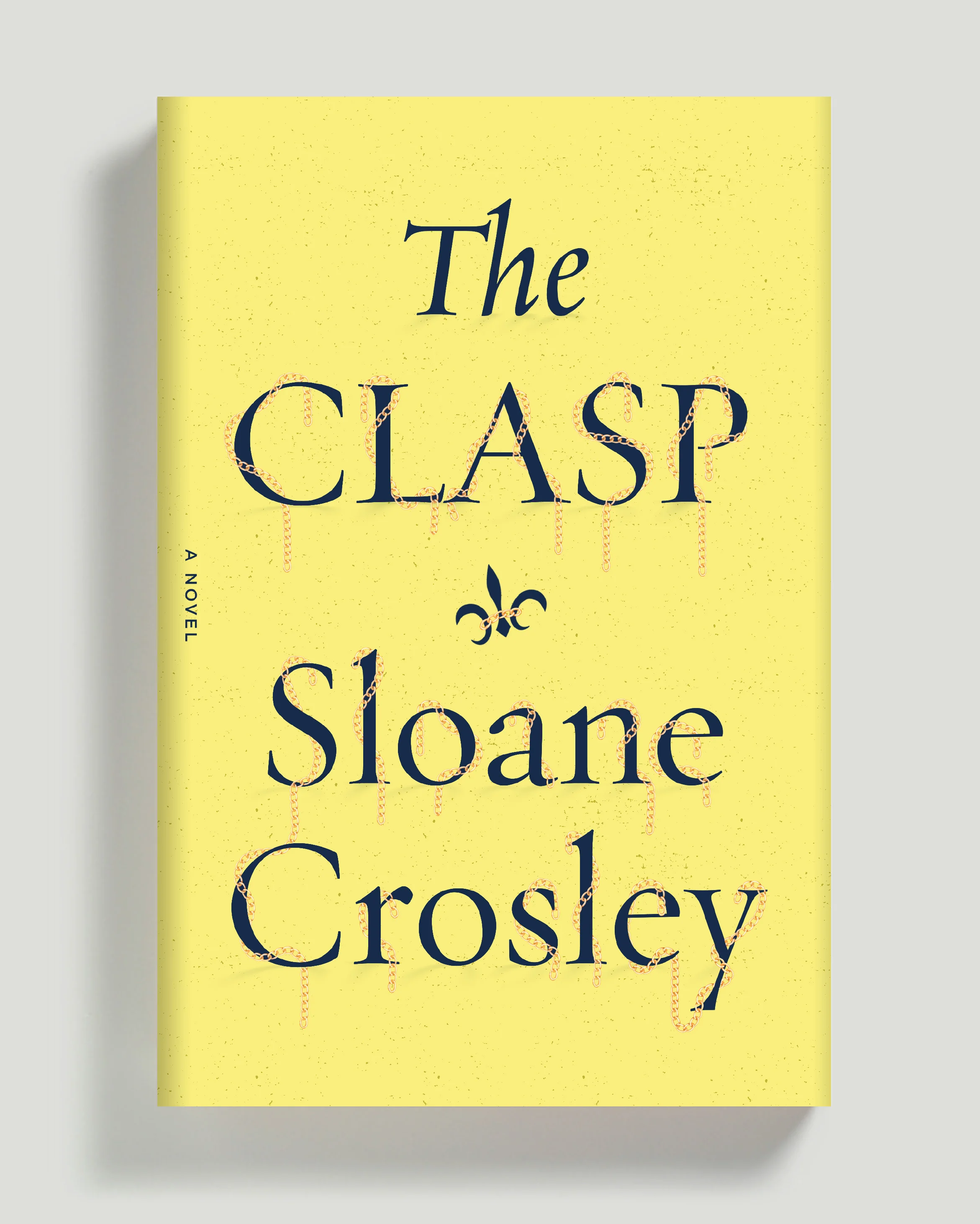A Hit and a Miss for Sloane Crosley’s The Clasp
 How such a shrewd observer of contemporary life and such a distinctly funny writer of wit and charm could descend into flat, predictable prose will stand as one of our era’s greatest mysterious, I’m convinced. For all its promise, Sloane Crosley’s The Clasp lands with a thud.
How such a shrewd observer of contemporary life and such a distinctly funny writer of wit and charm could descend into flat, predictable prose will stand as one of our era’s greatest mysterious, I’m convinced. For all its promise, Sloane Crosley’s The Clasp lands with a thud.
The Clasp is Crosley’s first foray into the novel. Previously, she was known for her two luminous essay collections: 2008’s I Was Told There’d Be Cake (nominated for the Thurber Prize) and 2010’s How Did You Get This Number? In both, Crosley trained her gimlet eye on mid-20s life, morals, and manners. (Many called her a voice of her generation.) In those collections she pulled off the tricky balance between razor-sharp wit and self-deprecating authenticity.
No such luck in The Clasp. Here we meet three college friends, years after they’ve graduated: Victor, a brooding misanthropist; Nathaniel, an airheaded TV writer in L.A.; and Kezia, a long-suffering assistant for a jewelry designer. Victor loves Kezia, Kezia loves Nathaniel, Nathaniel loves himself. These characters, from the start, are laced with much of Crosley’s signature cleverness; and in their own self-absorbed way are unique and compelling. How disappointing then, to watch as the trio is launched into a mad-cap, Amazing Race-style journey to retrieve a precious necklace in Paris. I won’t even delve into the vulgarities of this plot, only to say it hinges (no pun intended) around Guy de Maupassant’s famous short story “The Necklace.” Any sort of narrative ambiguity, interpersonal complexity, or overall subtlety is thrown out the window in favor of slapstick drama. And as the book winds on, the three friends -- driven to such literary extremes -- each become intolerable in their own ways.
At its end, the story manages to be both predictable (in a happy-ending sort of way) and deeply unsatisfying. Sort of like eating a 100-calorie chocolate bar for dinner. Talk about a tricky balance.
The Clasp, available October 6 from Farrar, Straus and Giroux.

